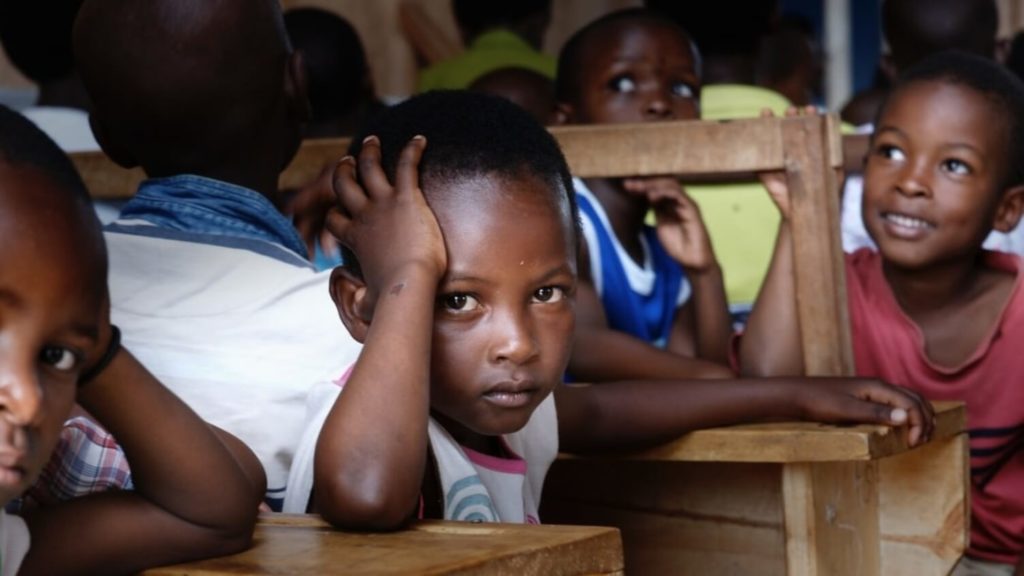Around the world, the number of people displaced by climate crisis-caused disasters—compared to conflicts and violence—is on the rise. According to the 2020 World Migration Report, 2018 saw 28 million new internal displacements across 148 countries and territories.
“Sixty one percent (17.2 million) of these new displacements were triggered by disasters,” says the report. While conflict and violence caused 39 percent (10.8 million) of the new climate-caused displacements.
“There is increasing evidence that the magnitude and frequency of extreme weather events are rising,” continues the report. Predicting that the extreme weather caused by climate change will inevitably impact migration and other movement.
The International Organization for Migration (IOM), a United Nations body, produces the annual World Migration Report. The aim of the report is to “contribute to increased understanding of migration throughout the world.
According to the report, displacement by disasters—caused by the climate crisis—is more prevalent year on year. When compared with displacement by conflict and violence, more and more countries feel the impact of disaster displacement.
According to the UN Refugee Agency, particularly extreme weather events from 2018 include drought in Afganistan, cyclone Gita in Samoa, and severe flooding in the Philipines. All of which resulted in “acute humanitarian needs.”
The World Migration reports suggest that the Indian subcontinent could be particularly vulnerable to both slow and rapid-onset disasters caused by the climate crisis.
The 2018 report estimated a total of 3.3 million new displacements across South Asia. India, in particular, experienced the effects of rapid-onset disasters. And severe flooding and tropical storms displaced more than 2.7 million people in 2018.

Climate Crisis
A growing body of scientific research suggests that global warming is increasing both the frequency and intensity of these extreme weather events and other disasters. According to a 2018 report by The Intergovernmental Panel on Climate Change (IPPC), immediate action must be taken to prevent the escalation of the climate crisis by 2030.
Many scientists agree that climate change’s impact—such as rising sea levels, storms, droughts, wildfires, and other extreme weather events—will get significantly worse should rising global temperatures exceed 2 degrees.
The IPPC says migration could be an effective way for some people to escape the worst of the climate crisis. Migration now could also prevent further displacement by further extreme events in the future. The World Migration Report also emphasizes the need for human mobility as adaption; as this allows migrants’ agency to be part of the global conversation.


